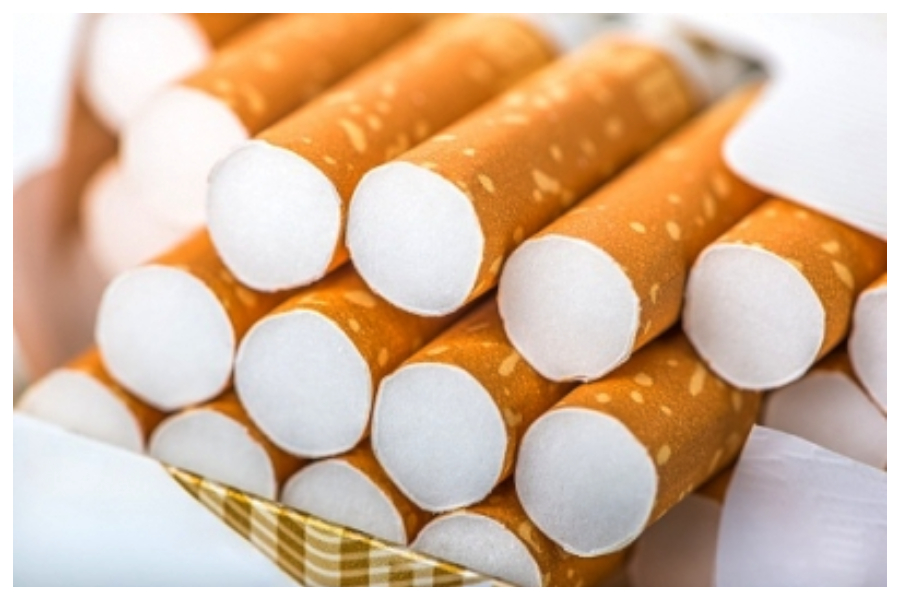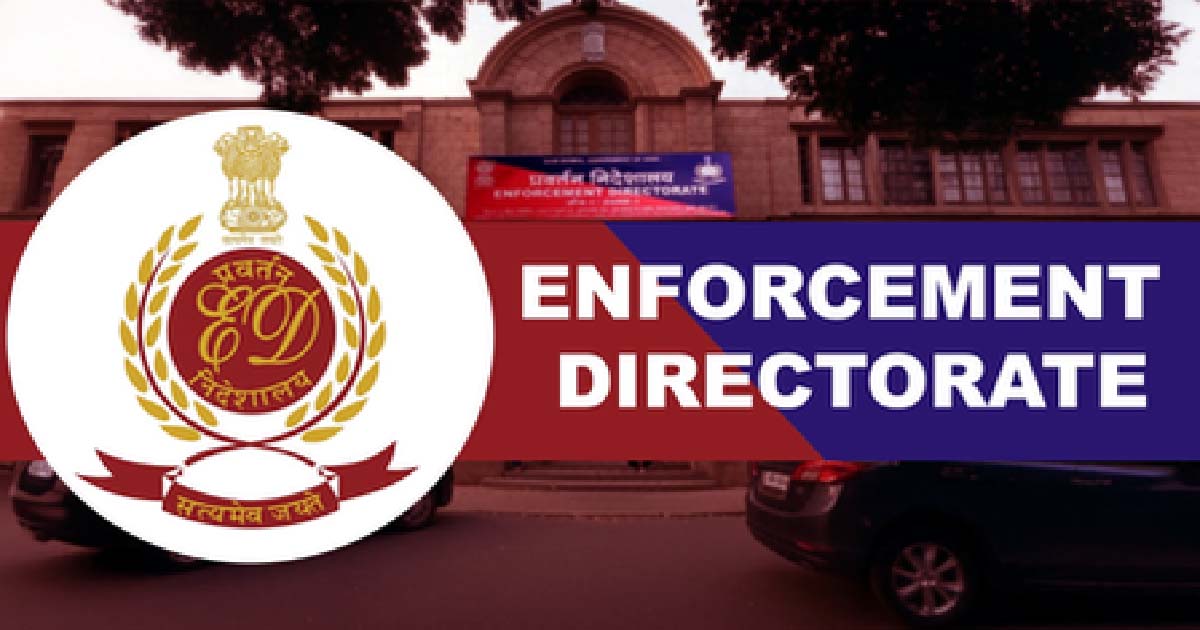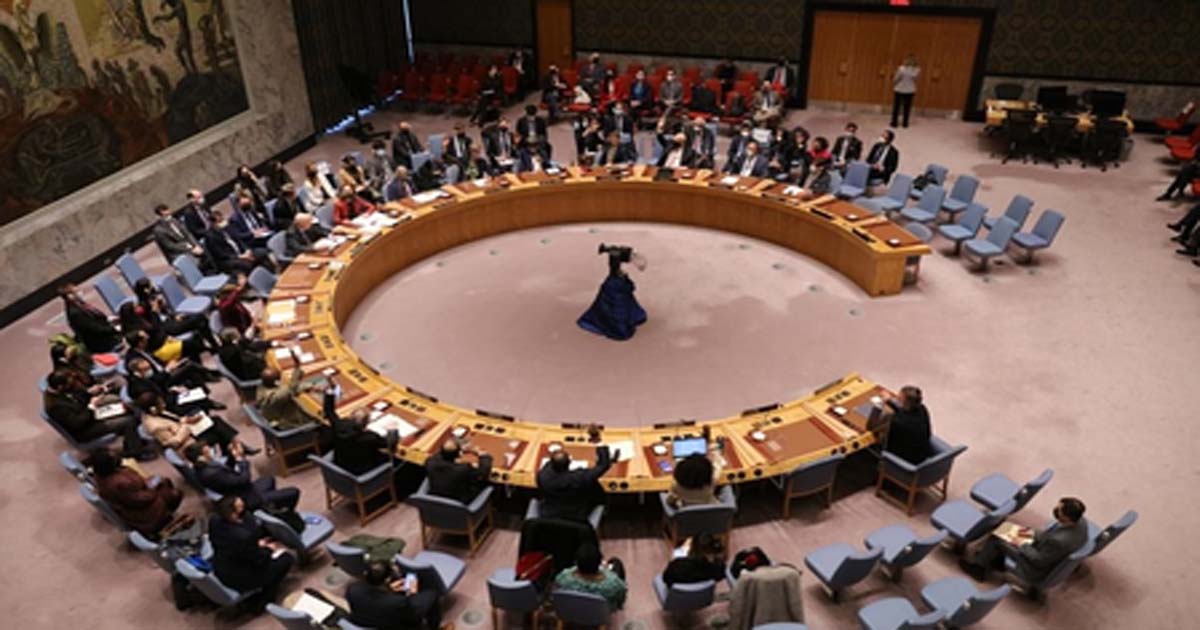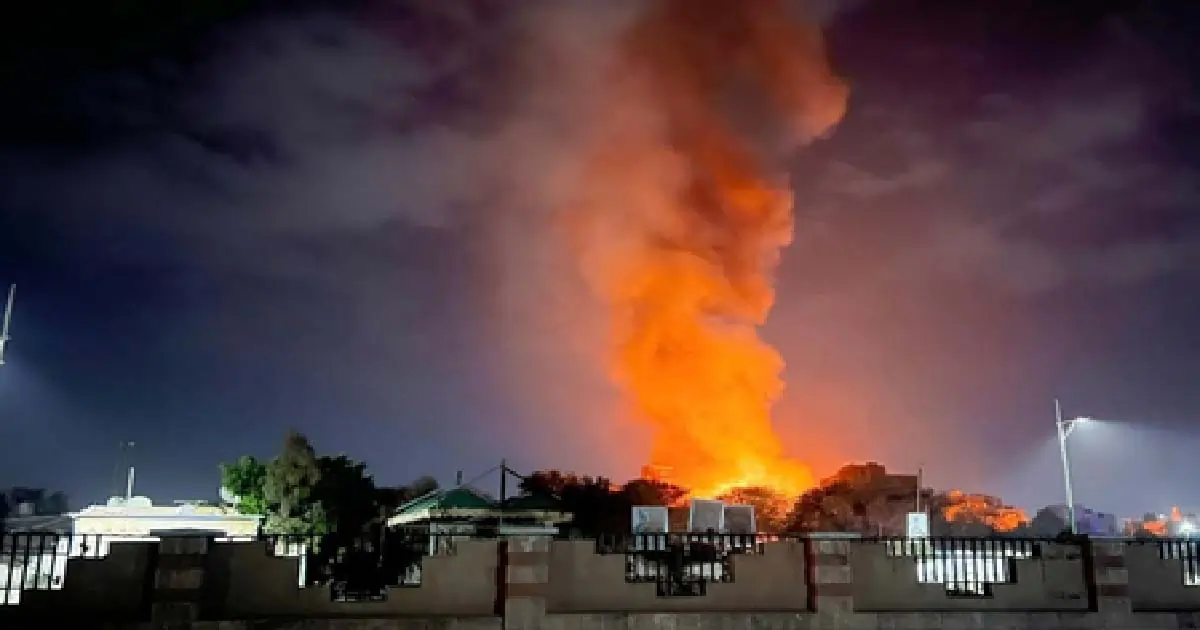Uncategorized
‘Young want to look cool’: Plea in Supreme Court seeks increase in smoking age

A plea has been moved in the Supreme Court seeking a direction to the Centre to ban the sale of loose cigarettes, increase the age of smoking from 18 to 21 years, and also come up with plans to tackle smoking addiction.
The plea, moved by advocates Shubham Awasthi and Sapta Rishi Mishra, said the rate of smoking has been growing since the last two decades and it has grown into such an epidemic that India now ranks second in the smoker’s category for the 16-64 age group.
“That a study published in the Journal of Nicotine and Tobacco Research has flagged the severe economic burden of second-hand smoke exposure in India. The study revealed that second hand smoke causes Rs 567 billion in health care costs annually. This accounts for eight per cent of total annual health care expenditure, on top of Rs 1,773 billion in annual economic burden from tobacco use,” said the plea.
The plea said the young people are getting addicted to smoking tobacco products to either look cool or under peer pressure. “They see adults smoking and it becomes a rite of passage or their inducement to initiate smoking to show that they are matured now,” it added.
The plea contended that human right principles can also be invoked to justify protecting individuals from the harms of active smoking. “Most smokers start before adulthood, at a time when the capacity for rationalised, long-term decision-making is not yet fully developed. Many adolescents are lured into cigarette smoking as a rite of passage into adulthood, usually through their peers, unable to fully conceive of the addictive grip of nicotine, and the health impacts they will later experience”, it added.
The petitioners sought a direction to increase the smoking age from 18 to 21, ban on sale of loose cigarettes, and also directions for removal of shops selling cigarettes near educational institutions, public buildings, places of worship etc.
The plea sought guidelines and directions for closing the dedicated smoking zones at airports, clubs, restaurants, hotels, public places and even in private properties being used for commercial purposes in a phased manner so as not to induce smoking among non-smokers.
Uncategorized
I-T sleuths raid several locations linked to businessman in Bihar’s Raxaul

Patna, Jan 10: The Income-Tax Department sleuths conducted simultaneous raids at multiple locations linked to a prominent businessman in Bihar’s Raxaul on Saturday.
The raids are currently underway in Raxaul in East Champaran district, even as the state continues to reel under a severe cold wave and dense fog.
Despite the harsh weather conditions, Income Tax teams reached the town with a convoy of more than a dozen vehicles and launched coordinated search operations.
According to sources, the raids are being held at several establishments connected to businessman Mohammad Kaleem, including his ancestral residence in Bishnupurwa village of Adapur block, a business establishment near Pankaj Chowk on Raxaul Main Road, as well as a jewellery showroom and an automobile showroom in Laxmipur.
The Income Tax officials first cordoned off all the locations before beginning the searches early in the morning.
Following this, teams started verifying documents, scrutinising financial records, and questioning individuals present at the premises.
As news of the raids spread, panic and speculation gripped the city, with discussions dominating public and business circles in the day. The sudden action has drawn widespread attention in the border town.
At present, the Income Tax Department’s investigation is ongoing. Officials have not issued any official statement, maintaining strict confidentiality regarding the nature of the probe.
The reasons behind the raids and the extent of alleged tax irregularities are expected to become clear once the investigation concludes.
Earlier, on January 8, the Enforcement Directorate (ED), Patna Zonal Office, had conducted extensive searches in connection with a fake government job scam involving an organised gang that cheated aspirants by offering fraudulent appointments in government departments.
Initially detected in the name of the Indian Railways, the investigation has revealed that the scam extended to more than 40 government organisations and departments.
Uncategorized
UN Security Council demands release of personnel detained by Yemen’s Houthis

United Nations, June 6: The Security Council demanded the immediate and unconditional release of personnel from the United Nations, nongovernmental and civil society organizations and diplomatic missions who were detained by the Houthis in Yemen.
In a press statement on Thursday, the members of the Security Council reiterated that all threats to those delivering humanitarian aid and assistance are unacceptable. They reiterated their demand that the Houthis ensure respect of international humanitarian law with regard to safe, rapid and unimpeded humanitarian access to ensure assistance can reach civilians in need.
The council members welcomed the continued work of the United Nations through all possible channels to secure the safe and immediate release of those detained.
According to media reports, Council members acknowledged that the Eid al-Adha holidays would be particularly difficult for those detained, their families and others who are themselves living in fear of detention.
This week marks one year since the wave of detention by the Houthis. According to the world body, 23 UN staff members and five personnel from international nongovernmental organizations remain detained. One UN staff member and another from Save the Children have died in detention.
In the past few days, UN Secretary-General Antonio Guterres as well as heads of UN agencies and programs have called for the release of the detained personnel.
Earlier on June 3, UN Secretary-General Antonio Guterres also called for the immediate and unconditional release of UN staff detained by the Houthis in Yemen.
“This June marks one year since the arbitrary detention of dozens of personnel from the United Nations, national and international NGOs, civil society organisations, and diplomatic missions by the Houthi de facto authorities in Yemen,” he said in a statement.
“I renew my call for their immediate and unconditional release, including those held since 2021 and 2023, and most recently this January.”
The United Nations and its humanitarian partners should never be targeted, arrested or detained while carrying out their mandates for the benefit of the people they serve, said Guterres.
International News
Death toll from overnight US airstrikes on Yemen’s capital rises to 3

Sanaa, April 10: The death toll from fresh US airstrikes on Yemen’s capital Sanaa rose to three, with several others wounded, medics and health authorities told Xinhua.
The airstrikes targeted the Al-Nahdayn area which is surrounded by densely residential neighbourhoods on Wednesday late night.
Shrapnel hit many houses and shattered windows, causing damage and killing three residents. Several wounded civilians have been rushed to hospital.
This was the latest wave of US airstrikes on northern Yemen since the US military resumed airstrikes on the Houthi group on March 15 to deter the group from targeting Israel and US warships in the northern Red Sea.
The airstrikes also targeted several locations across other northern areas late on Wednesday, including the Red Sea port city of Hodeidah and the Island of Kamaran, where no casualties have been reported so far.
The US military has yet to comment, Xinhua news agency reported.
Earlier on April 9, Yemen’s Houthis said that they had shot down another US MQ-9 drone, the 18th since the start of the war in Gaza, the military group said.
“Our air defences shot down a US MQ-9 drone in the airspace of Al-Jawf province, using a locally manufactured surface-to-air missile,” the group’s spokesperson, Yahya Sarea, said in a televised statement aired by Houthi-run al-Masirah TV.
“This is the 18th US drone shot down by our air defences since October 2023,” Sarea said, referring to the timeframe when his group began launching attacks against Israeli targets to show solidarity with Palestinians a few days after the outbreak of war in Gaza on October 7, 2023.
The last MQ-9 was reportedly shot down by the Houthi forces on Thursday over the Red Sea port city of Hodeidah.
This type of drone has become well-known to Yemenis because it has been hovering overhead across northern Yemeni provinces almost daily since October 2023.
The Houthis, who control much of northern Yemen, have been launching regular rocket and drone attacks against Israel and disrupting “Israeli-linked” shipping in the Red Sea since November 2023 to show solidarity with Palestinians in the Gaza Strip amid their conflict with Israelis.
-

 Crime3 years ago
Crime3 years agoClass 10 student jumps to death in Jaipur
-

 Maharashtra1 year ago
Maharashtra1 year agoMumbai Local Train Update: Central Railway’s New Timetable Comes Into Effect; Check Full List Of Revised Timings & Stations
-

 Maharashtra1 year ago
Maharashtra1 year agoMumbai To Go Toll-Free Tonight! Maharashtra Govt Announces Complete Toll Waiver For Light Motor Vehicles At All 5 Entry Points Of City
-

 Maharashtra1 year ago
Maharashtra1 year agoFalse photo of Imtiaz Jaleel’s rally, exposing the fooling conspiracy
-

 National News1 year ago
National News1 year agoMinistry of Railways rolls out Special Drive 4.0 with focus on digitisation, cleanliness, inclusiveness and grievance redressal
-

 Maharashtra1 year ago
Maharashtra1 year agoMaharashtra Elections 2024: Mumbai Metro & BEST Services Extended Till Midnight On Voting Day
-

 National News1 year ago
National News1 year agoJ&K: 4 Jawans Killed, 28 Injured After Bus Carrying BSF Personnel For Poll Duty Falls Into Gorge In Budgam; Terrifying Visuals Surface
-

 Crime1 year ago
Crime1 year agoBaba Siddique Murder: Mumbai Police Unable To Get Lawrence Bishnoi Custody Due To Home Ministry Order, Says Report




















